Written by: Roshan Dwivedi
In 2017, when Netflix was participating in Cannes Film Festival with its action-adventure film Okja which got 4-minutes of standing ovation after the screening, little did it know that it will be ruled out of the film festival the next year. The Cannes officials were pretty clear in their stand which reads
“Any film that wishes to compete in the competition at Cannes will have to commit itself to being distributed in French movie theaters”
Of course, Netflix did not make the cut. The result: world’s largest online video streaming service with 160 million subscribers is shown the exit door at Cannes, paving way for open debate on the topic. Well, fasten your belt as the battle has just begun.
Netflix and OTT industry
The popularity of Netflix is undeniable and numbers certainly do not lie. Netflix has everything a blockbuster Hollywood franchise has — a humongous subscriber base, loyal fan following, rich production value, A-list actors and a huge budget for original content. The only thing which it does not have is theatres. Well, that, however, was never in the streaming giant’s business model.
The OTT revenue for 2019 is predicted to double, and it is expected to be around 17.8 billion with 90 million people accessing OTT service in the US alone. The technological advancement of OTT platforms such as the implementation of Artificial Intelligence and Virtual Reality has garnered positive response among OTT consumers with the numbers growing higher every day. Netflix, Amazon Prime Video, Hulu etc. have taken the entertainment and media industry by storm and made the creative space wider and better. OTT industry has opened space for independent filmmakers, artists and music artists who were once struggling to get their big ticket to feature in big production houses and reach the audience.
The smartphone revolution and falling data rate have added fuel to OTT consumption. From binge-watching movies, series, and original content to live streaming of events and sports are now at fingertips thanks to online streaming platforms. Reasonable pricing and comfortable viewing are the two major factors that helped OTT players set their foot in the media and entertainment industry. But the popularity has got them humongous revenue and OTT players now are not shying away to invest in billions for creating original content since the smart mind behind them know the viewing habits and viewing preference of their audience. In short, their motive is to reach audience wherever possible. Depending on the word of mouth and viewing count, OTT players decide on the content strategy, renew or cancel a contract with artists and creative team which is business in the true sense.
The other side of the coin
Films across the globe after production get released in theatres and traditionally the success of a movie depends on its box office collection during the whole theatrical run. Theatre owners largely depend on films for their bread and butter. The evolution of the technology called streaming services according to pro-theatre community jeopardizes the media distribution ecosystem as a whole.
This is also a truth that most of the releases, be it from a big production house or an independent creative piece gets a digital release immediately after its exit from theatres. Because streaming services have an agreement with production houses for digital rights just the same as the broadcasting industry has in the form of TV and satellite rights. However, cord-cutting and lackluster TV viewing count have propelled the broadcasting industry to either switch or extend a digital arm to stay relevant in the business.
The event took turn when streaming services started offering exclusive original content in the form of web-series and movies at a price way cheaper than cable TV. Slowly, the audience started turning to OTT due to variety and multiple content options rather than sticking to age-old traditional cable TV. Rising popularity of the content and growing subscriber count started dethroning the superpowers in the media and entertainment industry who became vocal about the changing ecosystem and the possible repercussion that will largely affect the theatre owners.
Some big names in the media industry across the globe even do not approve of streaming service, as they have a notion that although pay cheque is quite handsome, the digital production ecosystem revolves around a business model and there are constraints for creative liberty.
Media is Content now, but the audience has not changed
Being in the OTT industry for the last 6 years and carving a niche of its own, Muvi has a liberal point of view on this. TV industry is taking innovative steps to attract the audience. There are players who have both digital app and theatre chains, release content on the same day and make a profit. The advent of digital channels have only made the media -“Content”, but the audience is still the same. They may subscribe you or outrightly reject you. You cannot change audience’s preference and certainly cannot alter on which screen they want to watch a particular piece of content.
OTT industry is making the industry competitive, creative and open to all. It wholeheartedly embraces quality content from small, independent filmmakers and artists empowering creativity. They pay the royalty to artists and provide optimum creative space to the team involved. Six Netflix originals scored a perfect 100% on Rotten Tomatoes and 18 scored more than 90% on the same site. So there has been remarkable work going and OTT industry are at the helm of it. So, boycotting OTT originals from participating in film festivals and award shows is like boycotting creativity, failure to understand the audience and too regressive to accept a change. Harsh, but true.
[ Muvi is a proud participant at NAB Show this year. Schedule a Meeting with the World’s Fastest Deployable OTT Platform Now. ]
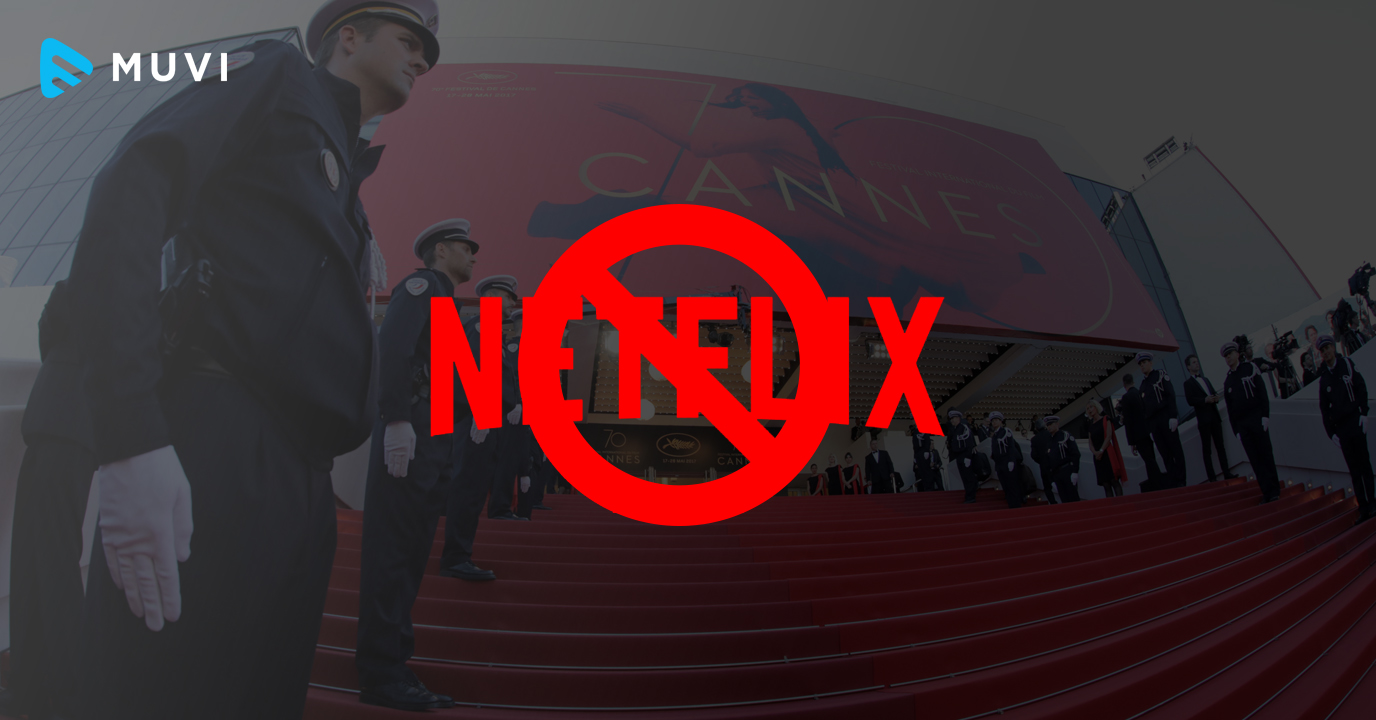

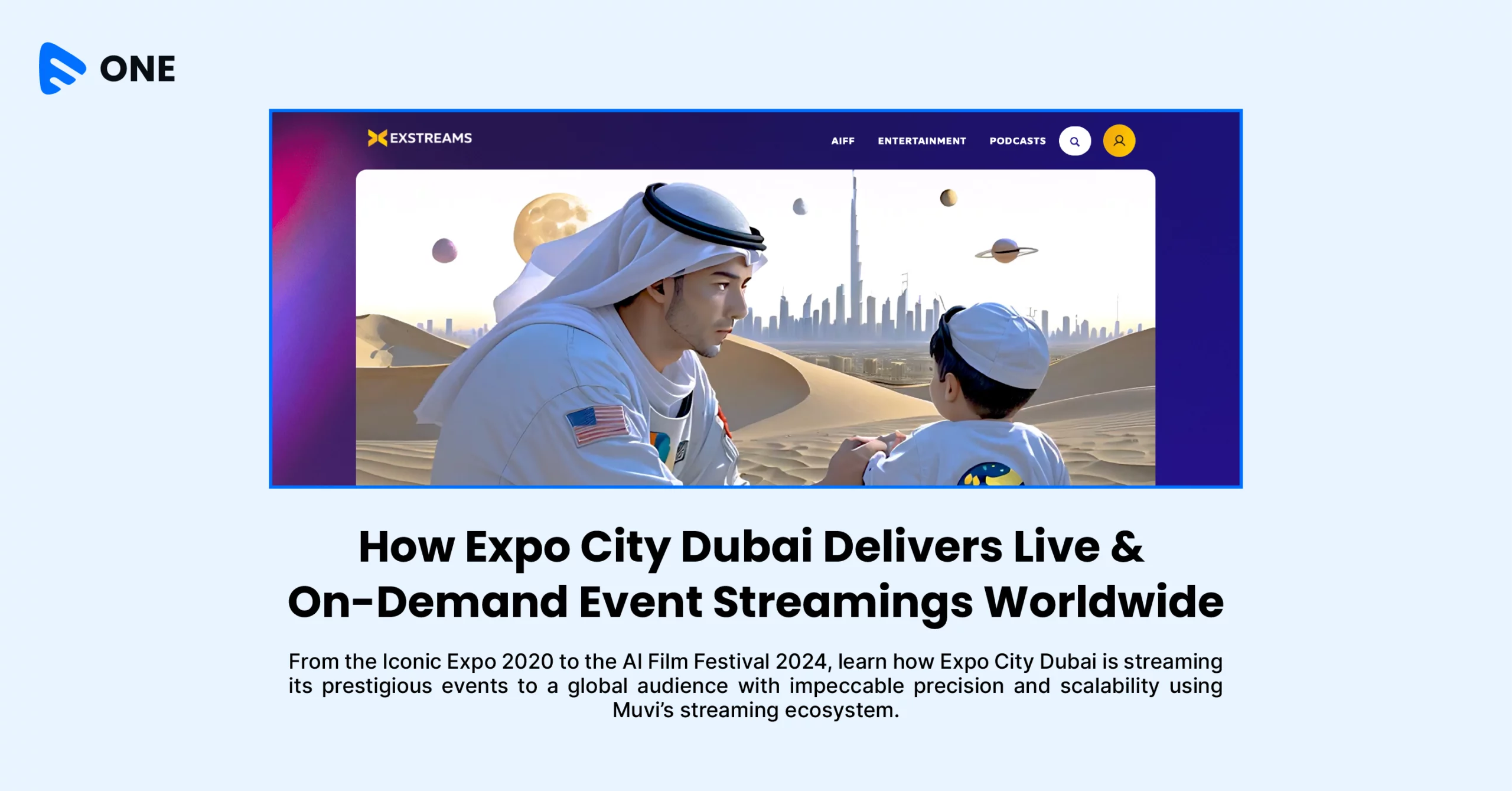
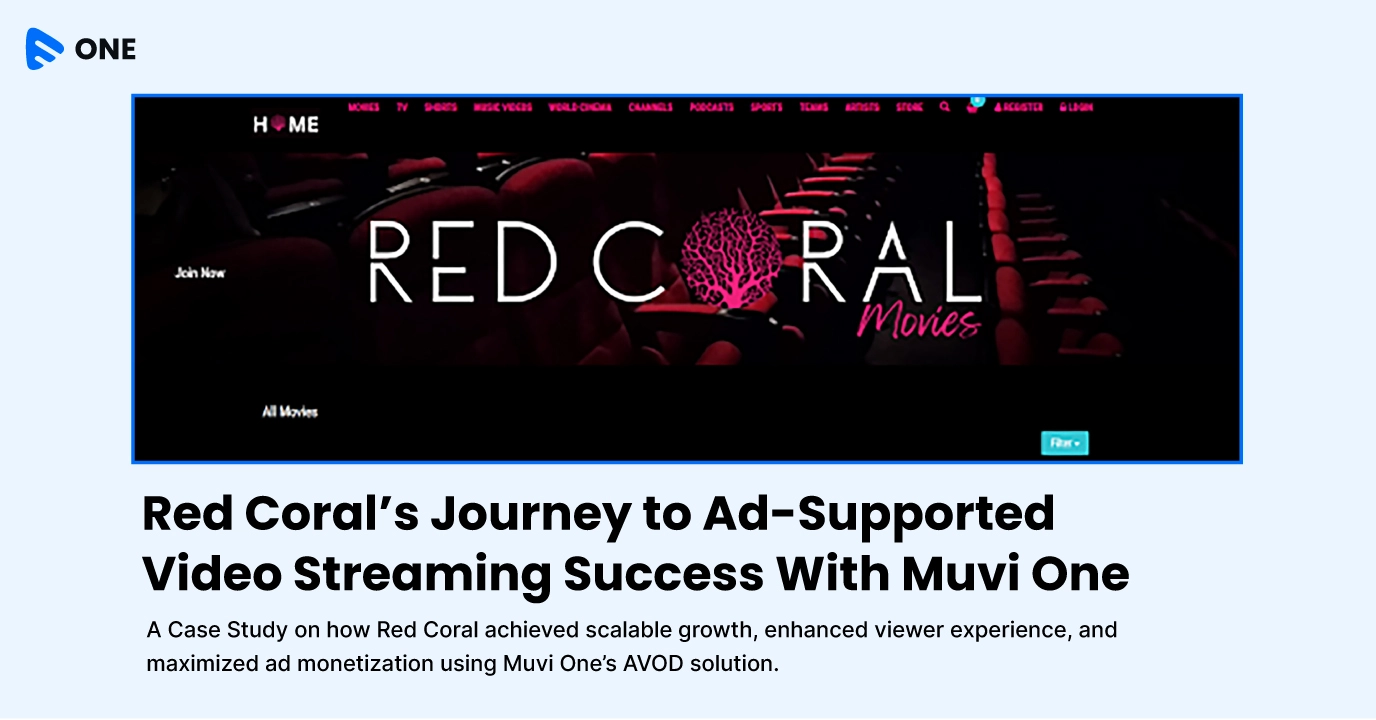
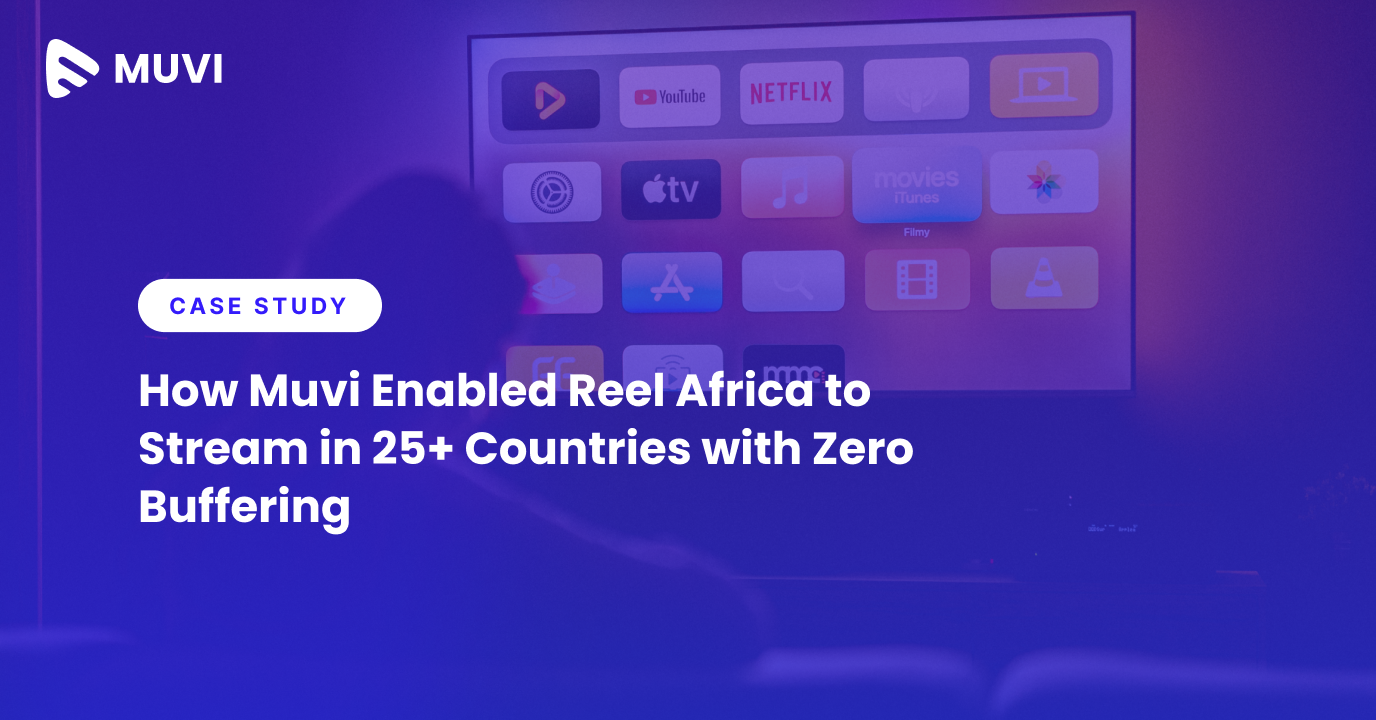






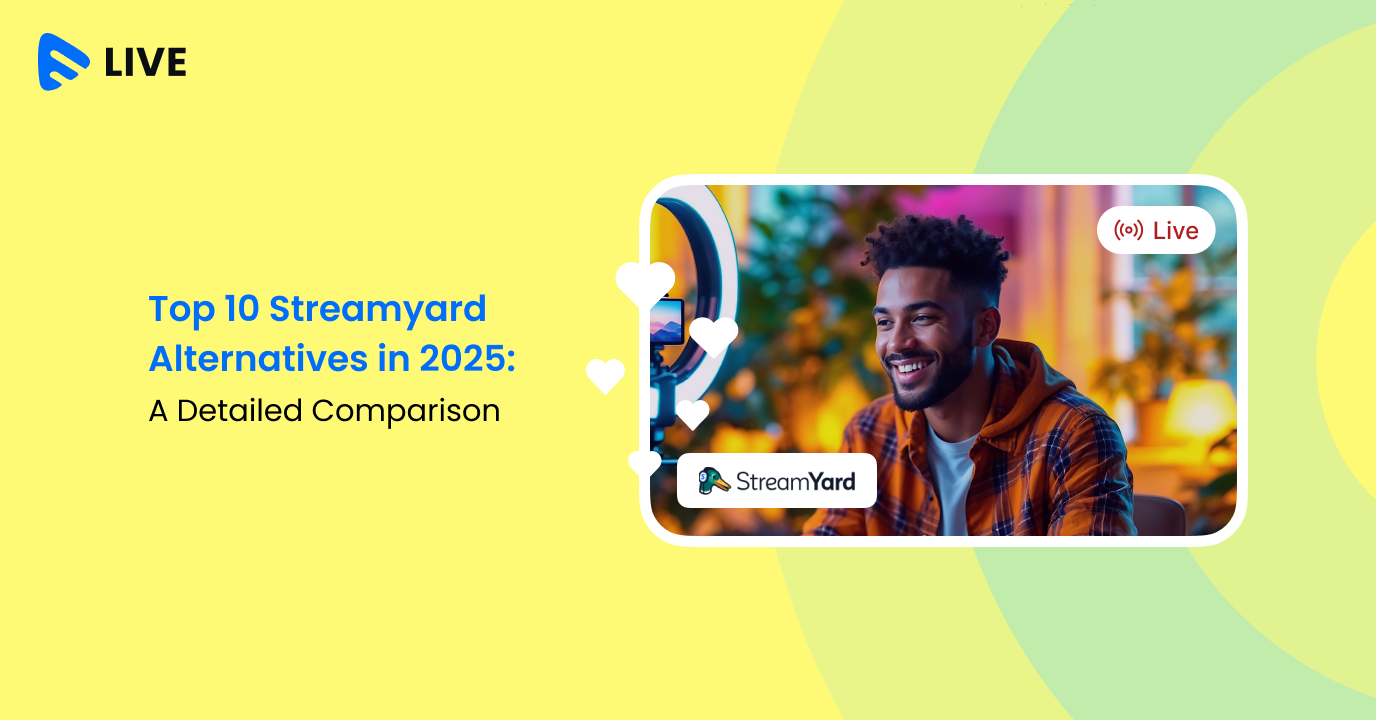



Add your comment